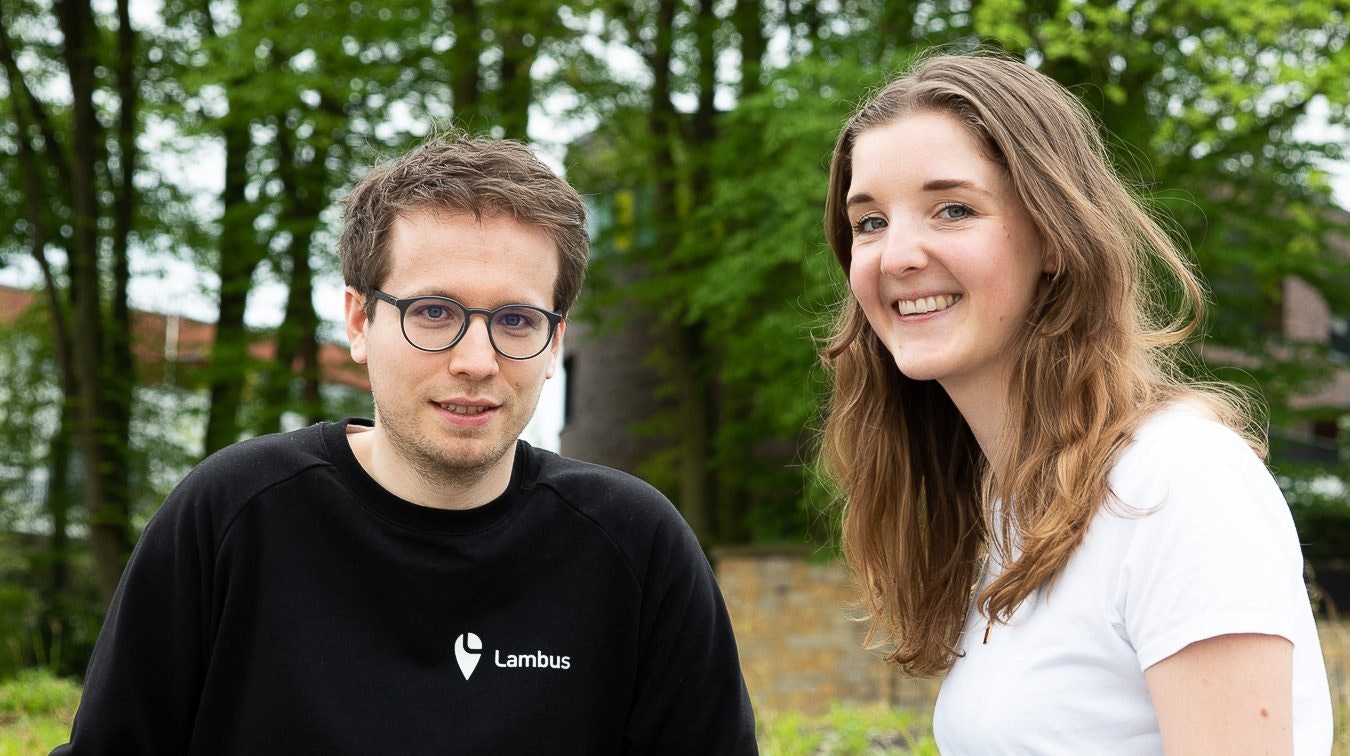TravelPerk, the Spanish business travel unicorn, is facing a backlash from employees after the company announced they must return to the Barcelona office at least three days a week.
Avi Meir, the company's CEO, announced the new policy at the end of February during an all-hands meeting. He said “human interaction should happen in real life, not in the metaverse” and that “Covid-19 was a time of exception” in a LinkedIn post after the announcement.
According to one TravelPerk employee, the move has “gone down very badly with a lot of people”, while another says the atmosphere at the company is “very tense”.
“There’s a mini-revolt going on at TravelPerk right now,” says another current employee.
TravelPerk is just one of many tech companies that have walked back on the remote working allowances rolled out during the pandemic. Many of the biggest US tech firms, from Apple to Amazon, have called workers back to the office at least a few days a week, despite outcries and resistance from many.
Getir, Europe’s largest speedy grocery company, requested all office-based employees return full-time back in January. And Adyen, the Dutch payments giant, requires employees to be on-site three times a week.
A TravelPerk spokesperson tells Sifted: “TravelPerk is an in-real-life (IRL) company and its business is about connecting people in real life.”
Employees have been encouraged to speak to the leadership team if their personal circumstances make it difficult to return, the spokesperson adds.
TravelPerk has 1,200 employees, and had been operating on a “no policy” approach to remote work in the wake of the pandemic. The company declined to share with Sifted how many of its staff had been working remotely over the past few years.
Engineers pen a letter
A group of engineers at the company, in particular, are said to be “outraged” by the compulsory return to the office, according to two current employees, and have collectively sent Meir a letter with around 100 signatures denouncing the policy.
The three-page missive expresses their disappointment that the new policy was announced before leadership received feedback from the team, says one employee who has seen it. It also includes a bullet-point list detailing how the new policy will affect employees, including time spent commuting, adjustment of schedules and less time spent with family.
The signatories demanded the “IRL policy” be reviewed and exceptions be made.
TravelPerk recently moved its HQ to a new Barcelona office and staff living outside of the city, but still in Spain, have initially been given six months to return to the office three days a week, says one employee.
TravelPerk’s spokesperson says each individual is being assessed on a “case-by-case basis to ensure a smooth transition to the new work policy” and special accommodations are being made where necessary.
So far, the leadership team has received 100 requests (roughly 8% of 1,200 employees) for exceptions; of those requests, 75% have been approved, the spokesperson says. The company did not say what would happen if an employee refuses to return.
In Spain, the employer can reverse remote working schemes and call people back on-site under government regulations. Sifted has asked TravelPerk for clarification on how exactly it negotiated the return.
TravelPerk is one of Spain’s startup success stories and has not announced any layoffs during the downturn. It raised an additional $115m in its Series D in January 2022, giving it an over $1bn valuation, and makes $100m in annual revenue.
“We realise that the world has changed, and decided to keep 40% flexibility to ensure the best of both world, allowing us to plan and build world-class team and to keep attracting the best talent in the industry, people who now expect flexibility but also appreciate the importance of in-real-life regular interactions,” CEO Meir wrote in a Medium post published at the end of March.



